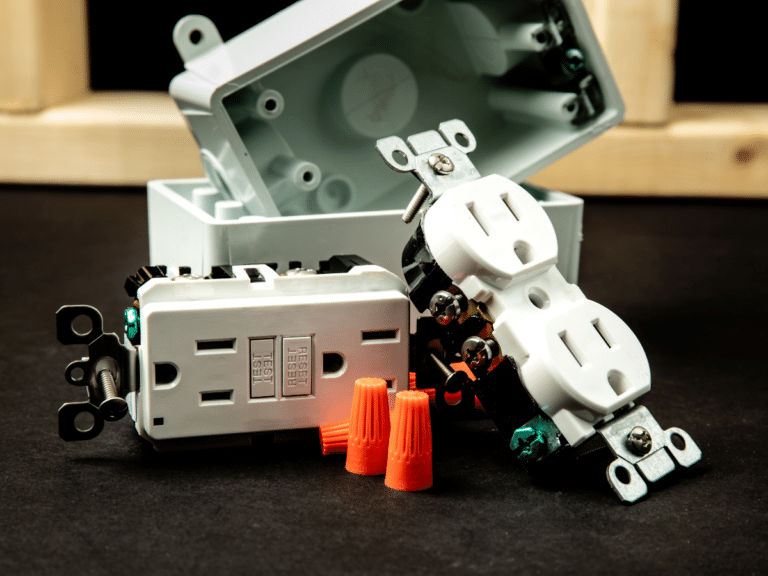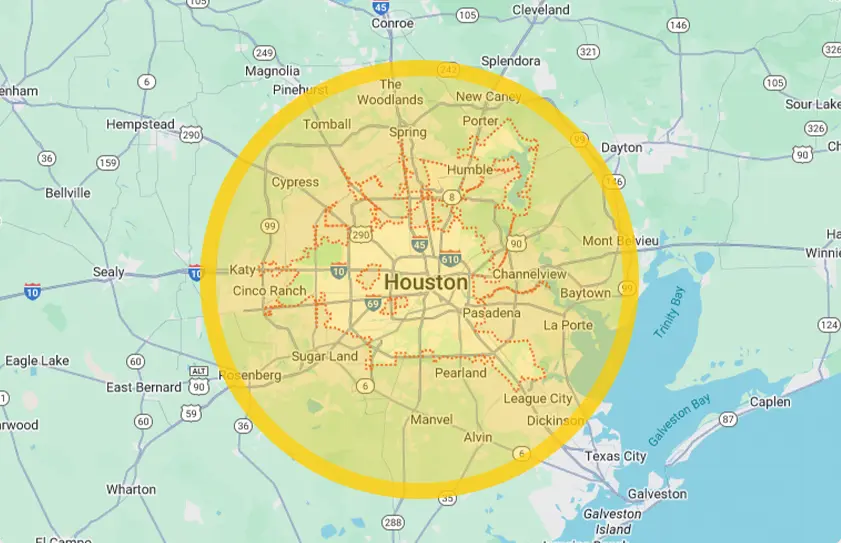In the intricate web of your home’s electrical system, every connection plays a pivotal role in ensuring safety, reliability, and efficiency. Loose connections at outlets, devices, or within the electrical service terminals are not just minor nuisances; they pose significant risks and can lead to severe consequences if left unaddressed. Understanding the reasons behind the urgent need for repairs and the dangers associated with overheating connections can help homeowners take timely action. Let’s delve into why tightening up these connections is crucial for your home’s electrical health.
The Need for Repairs: Identifying Loose Connections
Loose electrical connections can manifest through various symptoms, including flickering lights, intermittent power, unusual noises from outlets or switches, and devices not operating at full power. Voltage fluctuations are a telltale sign, often indicating more serious underlying issues. These symptoms should not be ignored, as they can lead to:
- Overheating and Fire Hazards
- Electrical connections, when loose, create resistance at the contact point. This resistance converts electrical energy into heat, leading to overheating. If unchecked, such overheating can melt insulation, damage wiring, and, in the worst-case scenario, ignite fires.
- Damage to Electrical Devices
- Voltage fluctuations resulting from loose connections can lead to inconsistent power supply to your devices. Such irregularities can damage sensitive electronics, shorten their lifespan, or cause them to malfunction.
- Increased Energy Consumption
- Loose connections can make electrical systems work harder to deliver the required power, leading to inefficiencies and higher energy consumption. This not only impacts the environment but also results in higher utility bills.
- Electrical Shocks
- A loose connection can also expose individuals to risks of electrical shocks. When connections at outlets or devices are not secure, touching these components can lead to dangerous shocks, posing severe safety risks.
Addressing the Issue: The Dangers of Overheating Connections and Devices
The consequences of neglecting loose electrical connections extend beyond immediate operational issues to pose serious hazards:
- Potential for Electrical Fires
- The primary danger of an overheating connection is the risk of sparking electrical fires. Overheated wires and terminals can ignite surrounding materials, leading to fires that can quickly spread throughout a home.
- Compromised Safety
- Overheated outlets or devices can cause burns upon contact or emit harmful fumes from burning plastic and insulation materials, posing direct health risks to inhabitants.
- System Failures
- Prolonged overheating can lead to complete failures of electrical circuits, resulting in costly repairs and replacements. It can also trigger the main breaker to trip, shutting down power to parts or all of your home as a protective measure.
Proactive Measures: Ensuring Electrical Integrity
Addressing loose connections and preventing voltage fluctuations involve a few key steps:
- Regular Inspections: Have a licensed electrician conduct regular inspections of your electrical system to identify and rectify loose connections.
- Immediate Repairs: At the first sign of trouble, such as flickering lights or sparking outlets, seek professional assistance to address the issue promptly.
- Upgrade Outdated Systems: Older homes with outdated electrical systems are more prone to issues. Consider upgrading electrical panels, outlets, and wiring to meet current standards and demands.
- Educate Household Members: Awareness of the signs of electrical problems can help in taking swift action. Educate all household members about what to look out for and the importance of immediate reporting.
The electrical system is the lifeblood of your home, powering everything from essential appliances to cherished gadgets. Ignoring the signs of loose connections can lead to dire consequences, including the risk of fire, damage to devices, and personal injury. By understanding the importance of maintaining secure connections and taking proactive steps to ensure the integrity of your home’s electrical system, homeowners can protect their property, their loved ones, and their peace of mind. Remember, when it comes to electrical safety, there’s no such thing as being too cautious.



